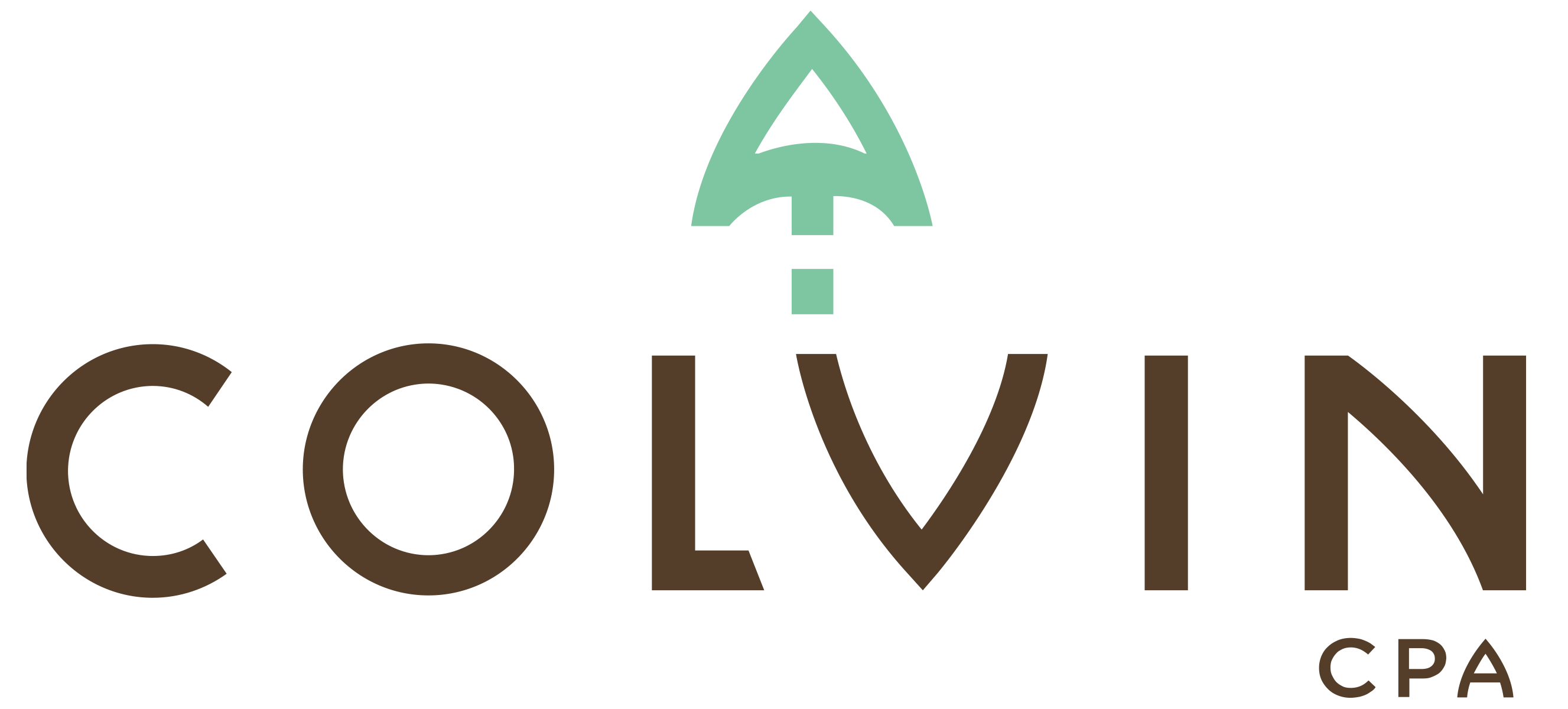How to Pay Yourself as an S Corp Employee?
March 18, 2024

File an S election:
Before a business begins operating as an S corp, it must file forms electing to be taxed as an S corp. One reason that a business makes an S election is because they have determined that it will save them money by reducing their tax bills. Your accountant will guide you through the calculation and help you consider the consequences. For example, you should consider how it will impact cash flow and whether it means that you pay more expenses for payroll services or tax filings. If the math proves that an S election will save you money, your accountant can file the S election for you.
If your legal entity status is a sole proprietor, you will need to change it before becoming an S corp. In order to file an S election, your legal status must be a single-owner LLC, multi-owner LLC, or corporation.
Hire a payroll company:
Once you have elected to be taxed as an S corp, the IRS will require that owner-employees are paid wages before they are paid any distributions. So, it’s important to get payroll set-up quickly. Payroll processing laws are arduous and failure to comply often means penalties. We strongly recommend that you hire a payroll company to process your payrolls. At Colvin CPA, we use Gusto exclusively.
Run payroll:
The IRS requires that an owner-employee is paid wages before they are paid distributions. Beyond that, there are no requirements about payroll cadence. We recommend that salaried employees are paid once a month (on the last day) or twice a month (on the 15th and last day). This routine expense getting regularly recorded, will help the business measure profitability trends. It also helps both the business and the individual owners to plan cash flow with more confidence.
Why Pay Yourself as an S Corp Employee?
Save money:
The major tax benefit of becoming an S corp is that all of the businesses net income is not subject to self-employment taxes. Instead, only the wages paid to employees are subject to employment taxes. In 2024, the self-employment tax rate is 15.3%. It is 12.4% for social security tax and 2.9% for medicare tax.
Let’s look at a very simplified example. Let’s say that a single member LLC has $300,000 of net income. Without an S election, it will pay $45,900 in self-employment taxes (15.3% of $300,000). With an S election, the owner can still receive $300,000 from the business. Let’s say that $200,000 is paid as salary and $100,000 is paid as a distribution. Only the wages are subject to employment taxes, it will pay $30,600 in self-employment taxes (15.3% of $200,000). Yay, we just saved $15,300 in taxes.
The less wages that you pay to an owner, the less self-employment taxes that you pay. It makes you think that you should pay the owner a very small salary. But, the IRS has rules that require an S-corp owner-employee to be paid “reasonable compensation”.
How Much to Pay S Corp Owner-Employees?
Determine reasonable compensation:
The IRS does not have black and white rules to determine reasonable compensation. Certainly, that is frustrating. Especially since owner wages are often scrutinized in the event of an audit. You don’t want to pay too much owner wages, because then you have to pay the related 15.3% of self-employment taxes. You also don’t want to pay too little owner wages, because an audit may say it is too low and may require that you reclassify some of the income to wages. Then, the business would suddenly owe the related self-employment taxes plus penalties and interest.
The lack of guidance from the IRS on this topic, is because there are infinite scenarios for an owner-employee’s level of involvement in a business. Plus, it could be very difficult to determine how much that involvement affects the business’s income. The IRS does offer the following factors to consider when determining reasonable compensation of an owner-employee:
1) What is their level of responsibility? Are they making key decisions?
2) What is their level of training or experience? Are their skills the main source of the businesses income?
3) What amount of time do they devote to the business? Are they working full time hours?
4) What wages are paid to employees that are not owners? Are other employees providing similar services for significantly different wages?
5) What wages are comparable businesses paying? How much would the owner-employee earn if they worked for someone else? How much would they have to pay an unrelated employee to do the work?
6) What amount of distributions do they receive? Do they receive more money as wages or as distributions?
It’s a great idea to document your answers to the above questions when determining the wage amount paid to owner-employees. That way, it can easily be provided to an auditor and can also be used to support wage decreases or increases in future years.
When to Change the Amounts Paid to an S Corp Employee?
Raising wages:
It is important to treat the wages of an owner-employee similarly to other employees of the business. In other words, if a boost in growth or efficiency encourages the business to provide salary raises to employees, the owner-employees salary should be considered for the raise too. We recommend that, at a minimum, an owner-employee should receive a cost-of-living-adjustment annually.
Decreasing wages:
If there are any changes to any of the 6 factors discussed above, the owner-employees salary may need to be adjusted accordingly. For example, if the owner-employee decides to reduce their hours from full-time to part-time, their salary should reflect the change.
How can payroll compliance be easier?
Accountants here at Colvin CPA can guide you through setting up and maintaining your payroll. You get to sleep well knowing your business is compliant and you get to focus on the parts of the business that you enjoy.
Navigating how to pay yourself as an S Corp employee can be complex, but it’s crucial for leveraging tax benefits and ensuring compliance. From filing an S election to managing payroll with companies like Gusto, there’s a structured path to follow. Remember, paying reasonable compensation is key to maximizing benefits while adhering to IRS guidelines.
With the expertise of Colvin CPA, we can make payroll compliance effortless for you. Ready for peace of mind with your payroll? Contact us today.
Have a related topic you’d like to learn more about? Share it with us, so we can add it to our blog!


